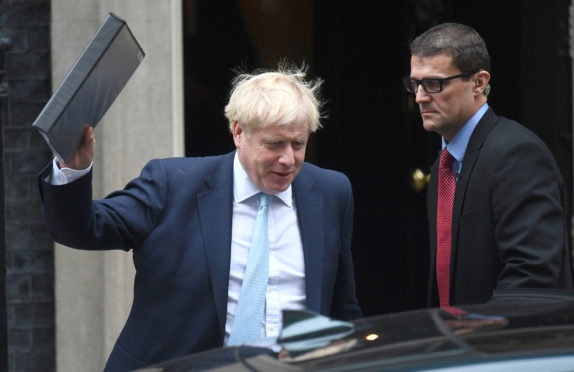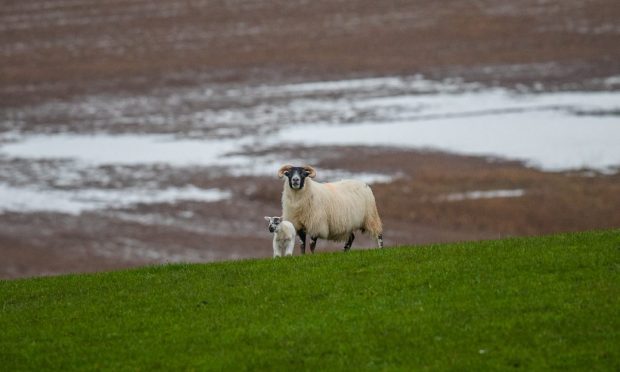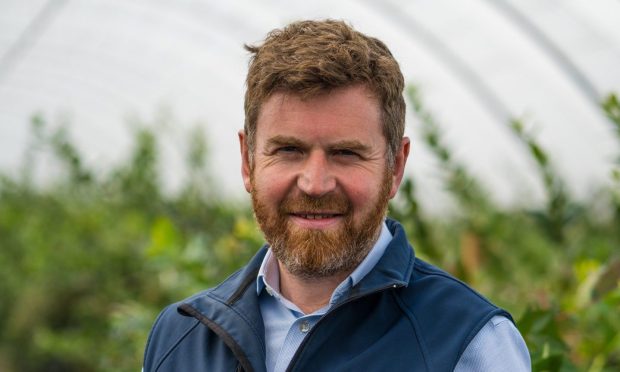If the Boris Johnson Brexit proposal to Brussels is the opening shot in a negotiation, it might have some chance of success.
If, however, as he claims, it is a take it or leave it offer, it is almost certainly doomed to failure.
It has been greeted coolly by the European Commission, rejected by MEPs and has failed to impress the Irish government with its plans for an alternative to the backstop.
Crucially, it has not yet been rejected by key EU heads of state. They want a deal and may negotiate, although that is far from certain.
This will become more clear when Johnson begins a series of meetings in European capitals before the October 17 heads of state summit.
As for agriculture, the document offers no fresh certainty beyond a vague commitment to a free trade deal with the EU. It also confirms that the UK wants to immediately negotiate other trade deals, which could make access to the EU more difficult.
Even if with the odds stacked against it the deal is accepted by the EU, getting it through a deeply divided and polarised House of Commons could prove even more challenging.
EU farm commissioner Phil Hogan will have an easy run to secure the trade portfolio, but his potential successor is facing a second committee hearing before MEPs.
Poland’s nominee, Janusz Wojciechowski, warned that in the three hours the hearing lasted more than 100 farmers would have lost their farms.
This was based on statistics that from 2005 to 2015 the EU went from 15 to 11 million farms. Much of this, however, was down to efficiency.
The commissioner designate promised a state of European agriculture report if he secured the post. On the CAP he said this was not just a policy for farmers, but for wider society. He said that for farmers it delivered income security, while for others it bought food security and environmental protection.
He seemed to say all the right things, but MEPs were not convinced and called him back for a second hearing.
Hidden subsidies
European agriculture has been dragged into the row between the United States and EU over allegations of member states paying hidden subsidies to Airbus.
The US, under pressure from Boeing, has come up with retaliatory tariffs of almost $7.5 billion. Agrifood is the main target of the US plan.
This has been sanctioned by the World Trade Organisation, which backed the US case in the aircraft dispute.
This underlines the volatility of global markets to trade disputes far removed from agriculture – and that is a playing field the UK will increasingly be on when it leaves the EU single market.
Increased grain production
The International Grains Council is forecasting a further increase in global grain production.
It now says it will be 2.16 billion tonnes, up from 2.14bn last year. Big increases in barley production have offset a decline in wheat in some countries.
However, at 763.5 million tonnes, the IGC says the global wheat harvest will be the biggest recorded.
The EU grain harvest forecast at 311m tonnes is up on previous estimates and well ahead of last year’s poor 288.5m tonnes outcome.
Despite the global increase in production, consumption will ensure that grain stocks fall for the third year in a row.









